As a BetterHelp affiliate, we receive compensation from BetterHelp if you purchase products or services through the links provided
Falling in love and nurturing a relationship can be a beautiful and rewarding experience. However, when your partner lives with depression, additional challenges can arise, requiring patience, understanding, and support. Depression is a complex mental health condition that deeply affects those suffering from it and their loved ones. It’s essential to recognize the impact depression can have on relationships and learn strategies to cultivate a loving and supportive partnership.
Understanding depression is the first key element in loving someone with this mental illness. Educating about the signs, symptoms, and effects of depression can help you better empathize with your partner and respond in ways that support their well-being. It is crucial to maintain your own mental health and self-care and seek professional help when needed to ensure the relationship remains strong and balanced despite the challenges that depression may bring.
Key Takeaways
- Educate yourself on depression to better empathize and support your partner.
- Prioritize your own mental health and well-being while supporting your loved one.
- Seek professional help and resources for both partners when necessary
 Understanding Depression
Understanding Depression
Depression is a common but serious mental health condition affecting millions worldwide. It is characterized by persistent sadness, hopelessness, and a lack of interest or pleasure in activities. Understanding depression is crucial for supporting a loved one dealing with this mental illness.
Individuals with depression may experience various symptoms, including anxiety, fear, irritability, energy loss, fatigue, and even physical symptoms such as headaches. These symptoms can vary in severity and duration but often significantly interfere with daily life and functioning.
It is important to recognize that depression is not simply a temporary mood or a sign of weakness. It is a complex mental health condition influenced by genetic, biological, environmental, and psychological factors. Major depression, or clinical depression or major depressive disorder, is particularly severe and requires professional treatment.
One common and particularly concerning symptom of depression is suicidal thoughts. These thoughts may manifest as passive ideas about death or more active plans to take one’s life. It’s essential to take these thoughts seriously and encourage anyone experiencing them to seek professional help immediately.
Supporting someone with depression requires patience and understanding. It’s essential to be aware of their various symptoms and difficulties. By recognizing the challenges associated with depression and striving to create a supportive and non-judgmental environment, you can significantly improve the well-being of someone you love dealing with this mental illness.
 The Challenges of Loving Someone with Depression
The Challenges of Loving Someone with Depression
Emotional Struggles
Loving someone with depression can be emotionally challenging. It is common for partners to experience sadness, anger, and frustration while trying to understand and support their loved ones. Individuals in such relationships must practice self-compassion and self-care while managing their emotions.
Difficulties in Communication
Communication can be a significant hurdle when loving someone with depression. Those with depression may withdraw from conversations or struggle to express their emotions clearly. Both partners must develop effective communication skills, allowing open dialogues about feelings and relationship needs. Active listening and empathetic responses can help foster better communication between partners.
Schedule an appointment: Make your mental health a priority
Dealing with Negative Perceptions
Misunderstandings and negative perceptions of depression arise from misconceptions about the nature of mental illness. Partners need to educate themselves and address any false beliefs they may hold about depression. By understanding the complexities of the disorder, they can approach the relationship with a more informed and compassionate mindset, offering support without perpetuating harmful stigmas.
The Role of Support
Supporting a partner with depression can be a challenging yet crucial aspect of the relationship. This section will discuss the importance of patience, venting and listening, and providing encouragement and validation.
The Need for Patience
It’s essential to understand that healing from depression takes time. A supportive partner demonstrates patience by recognizing that gradual improvement may not be consistent. Patience allows for a more empathetic approach, creating an environment where the person with depression feels safe and assured of their partner’s help.
Venting and Listening
Opening up emotionally can be difficult for those struggling with depression. As a supportive partner, listening non-judgmentally when your loved one needs to vent is essential. Active listening can significantly affect their emotional state and cultivates trust in the relationship. When they share their thoughts, acknowledge their feelings and allow them to express themselves without judgment or criticism.
Encouragement and Validation
Words of encouragement can be incredibly powerful for someone dealing with depression. Offer kind and positive affirmations that recognize their goals while still acknowledging their struggles. To validate their feelings, offer a comforting touch when appropriate, or spend quality time together. Offering support when your partner seeks help from professional therapy or support groups can tremendously impact their journey to recovery.
Reach out: Don’t struggle through depression alone
The Effects of Depression on Men and Women
Depression in Men
Depression in men can manifest in various ways, but common symptoms include irritability, anger, and fatigue. These emotions can make communication and expressing feelings a challenge in relationships. Men experiencing depression may have difficulty discussing their problems or asking for help, which can strain their interpersonal connections.
In some cases, depression in men can lead to an increase in risky behaviors or substance abuse to cope with intense emotions. This can further complicate their relationships and exacerbate any existing issues.
Depression in Women
Women experiencing depression may display symptoms such as persistent sadness, feelings of guilt, and changes in appetite or sleep patterns. These emotions can make communication difficult, as they may be more prone to internalizing their feelings and withdrawing from social interactions.
In a relationship, this withdrawal can create distance and make it challenging for partners to connect and understand each other. The fatigue often associated with depression can also impact a woman’s ability to engage in day-to-day activities, further straining their relationships.
It’s important to recognize the varied ways depression can present itself in both men and women and to seek professional help when necessary. Supporting a loved one in their struggle with depression can lead to stronger communication and a deeper understanding within the relationship.
Maintaining Well-Being While Supporting a Partner with Depression
 The Importance of Self-Care
The Importance of Self-Care
When supporting a partner with depression, it’s crucial to prioritize your well-being. Practicing self-care, such as getting adequate sleep, eating well, and engaging in activities that bring joy, can significantly impact your emotional and physical health. Additionally, consider seeking a support system, like friends, family, or support groups, to share your thoughts and feelings.
Staying Physically Active
Exercise is vital to maintaining well-being when supporting a partner with depression. Regular physical activity can enhance mood, reduce stress, and improve overall health. Aim to incorporate exercise into your daily routine, whether walking, cycling, or practicing yoga. Find activities you enjoy, which can be done with your partner or independently, as exercising together can also foster a sense of connection and support.
Maintaining a Healthy Environment
Creating a healthy environment plays a significant role in supporting a loved one with depression. This includes both physical and emotional aspects of the environment. For the physical environment, ensure your living space is clean, organized, and filled with natural light, as these factors can influence mood and positivity. Additionally, encourage open communication with your partner, allowing them to discuss their feelings without judgment or pressure.
Seeking Professional Help
Start healing: Begin on the path to recovery today
When and Why to Seek Help
When somebody is experiencing depression, it can be a difficult time for them and their loved ones. Seeking professional help is often necessary, particularly if their depression is affecting their everyday life or if they have thoughts about suicide. Consequently, finding and working with treatment options, such as therapy and medication, can significantly improve the individual’s mental health and well-being.
Finding the Right Therapist
Finding the right therapist is essential when dealing with depression, as it can greatly influence someone’s progress. Here are some steps to consider when searching for a therapist:
- Referrals: Ask friends, family, or a primary care doctor for recommendations or browse the American Psychiatric Association directory for listings.
- Specializations: Look for therapists who specialize in depression or mental health disorders.
- Insurance: Confirm if they are in-network with your insurance plan to reduce the cost of treatment.
- Best fit: Schedule an initial appointment to see if the therapist fits the individual’s needs and personality.
Using Internet Resources
Many online resources can be beneficial in finding support and more information about depression. A few helpful websites are:
- National Suicide Prevention Lifeline: A 24/7 support hotline for people in emotional distress specializing in suicide prevention.
- Online Communities: Platforms such as forums and social media pages can offer a supportive environment where people with depression can connect, share their experiences, and provide advice.
- Mental Health Apps: Many mobile apps offer guided meditation, mood tracking, and other tools that may help manage depression.
By following these steps, one can seek professional help and take charge of their mental health journey knowledgeably and confidently. Remember that finding the right treatment and therapist may take time, but it is a crucial part of the recovery process.
Get personalized care: Individualized treatment for depression
Dealing with Resistance and Crisis
Addressing Fear and Denial
When loving someone with depression, addressing the fear and denial they may experience is essential. To help them overcome these barriers, approach the conversation with empathy and understanding. Validate their feelings and offer reassurance that their situation is not hopeless. Encouraging them to seek professional help can improve their well-being and healing process.
Coping with Suicidal Thoughts
It is crucial to take any mention of suicidal thoughts seriously. If someone with depression expresses such thoughts, remain calm and non-judgmental. Encourage them to share their feelings and provide a listening ear to give them hope. Assist them in finding the resources and support they need, such as contacting a crisis hotline or mental health professional.
When Tough Love is Necessary
There are moments when tough love might be necessary to protect the person with depression and help them understand the severity of their condition. Establish clear boundaries while expressing your love and support in these situations. Avoid anger or criticism, as these can further damage their emotional state. Instead, focus on constructive solutions and emphasize the importance of taking steps towards healing and a better future.
The Recovery Journey
Take control: Empower yourself to make positive change in your life.
Understanding the Healing Process
The healing process for someone with depression is not linear or easy. Just like everyone’s depression experience varies, so does their journey toward recovery. It is vital for both the individual recovering from depression and their partner to approach this journey with an open mind and heart.
Patience is key in supporting a loved one through this difficult time. Keep in mind that recovery might include setbacks and challenges along the way. Partners must maintain compassion and hope during these periods, as this will encourage healing and strengthen the relationship.
Setting Realistic Expectations
Establishing realistic expectations within the relationship is essential in supporting a loved one with depression. Recovery may look different for each person, and it is necessary to reinforce those differences. Couples should have open conversations about their expectations, goals, and boundaries with one another to create a more harmonious environment for everyone involved.
Understand that a complete recovery might not be possible; however, this should not diminish hope or the progress that has been made. Relationships, especially those where one person suffers from depression, require continuous effort and adaptable expectations.
Celebrating Progress
Recognizing and celebrating progress, even a small victory, is vital in the recovery journey. Celebrating milestones, such as accomplishing a daily goal, finishing a project, or stepping out of one’s comfort zone, is essential. By doing so, it not only builds positive reinforcement but also fosters a sense of hope and accomplishment.
Celebrating progress, however, should not overshadow the need for continued support and understanding from the partner. Struggles might still occur, but maintaining a positive outlook and confidence in the healing process can make a significant difference in the relationship’s long-term success.
Embracing compassion, patience, and understanding throughout the recovery journey will help nurture a healthy, healing environment. Relationships will be strengthened through the open communication and support that both partners provide to one another during this challenging time.
Get started on Regain: Find online relationship therapy that works for you.
Ending note: Don’t suffer through challenges in your relationship alone – with Regain, couples can take advantage of an affordable and convenient way to get the support they need. Take control of your relationship today and start healing together.
Get help now: Take the first step towards feeling better
Frequently Asked Questions
 Can you have a healthy relationship with someone who is depressed?
Can you have a healthy relationship with someone who is depressed?
Yes, it is possible to have a healthy relationship with someone who is depressed. However, it requires understanding, patience, and open communication from both partners. It is essential for the person without depression to educate themselves about the illness and to support their partner through their challenges.
Is it difficult to maintain a relationship with a person battling severe depression?
Maintaining a relationship with someone battling severe depression can be challenging. It is essential for both partners to be aware of the possible difficulties and to actively work on addressing them. Seeking professional help, such as therapy or counseling, can help navigate these challenges.
Can depression affect one’s ability to love others?
Depression can sometimes impair an individual’s ability to express love and affection. They may struggle with feelings of worthlessness or guilt, leading them to withdraw from their partner or avoid intimate connections. Nonetheless, it’s important to remember that the capacity to love remains within the person and can be nurtured through understanding and support.
How does depression influence an individual’s expression of love?
Depression can make it challenging for an individual to express their love outwardly. They might find it hard to exhibit affection or communicate their feelings adequately. In some cases, their energy levels may be low, making engaging in activities or spending time with their partner difficult. However, with proper support and treatment, depression’s impact on the expression of love can be mitigated.
What are the common challenges faced by couples when one partner has depression?
Some common challenges couples face when one partner has depression include communication difficulties, misinterpretation of behaviors, decreased intimacy, and feelings of frustration or helplessness. These challenges can be addressed by educating oneself about depression and seeking professional help for guidance and support.
How can one support their partner who is going through depression?
Supporting a partner going through depression involves understanding their illness, showing empathy, and offering encouragement without judgment. Encourage them to seek professional help and be present during appointments if possible. Additionally, maintain open communication about their feelings and assist with everyday tasks or activities while not forgetting to take care of their mental and emotional well-being.
Jacob Maslow is a passionate mental health advocate and therapy veteran, leveraging personal experiences to provide insights on complex subjects like loving someone with depression. Using Lexapro as part of his mental wellness routine, Jacob has navigated the arduous path of familial disputes stemming from an ex-partner’s pronounced narcissistic behaviors. Through years of legal battles and heart-wrenching alienation from his younger children, Jacob remains steadfast in his commitment to promoting understanding and healing. His daily long walks are a testament to his dedication to mental clarity and well-being. With a deep-seated belief that anyone can overcome their mental health challenges, Jacob writes extensively on mental health topics and the challenges of narcissistic relationships. Additionally, he manages a legal website to assist individuals in their struggle with non-cooperative spouses in custody battles, promoting the welfare of children above all else.
- Breaking the Silence: Why Men’s Mental Health Matters More Than Ever - April 15, 2025
- How to Transform a Home’s Patio Space into a Relaxing Space - March 23, 2025
- 5 Strategies to Use a Cell Phone to Help Manage Your Stress - March 23, 2025
This site contains affiliate links to products. We will receive a commission for purchases made through these links.


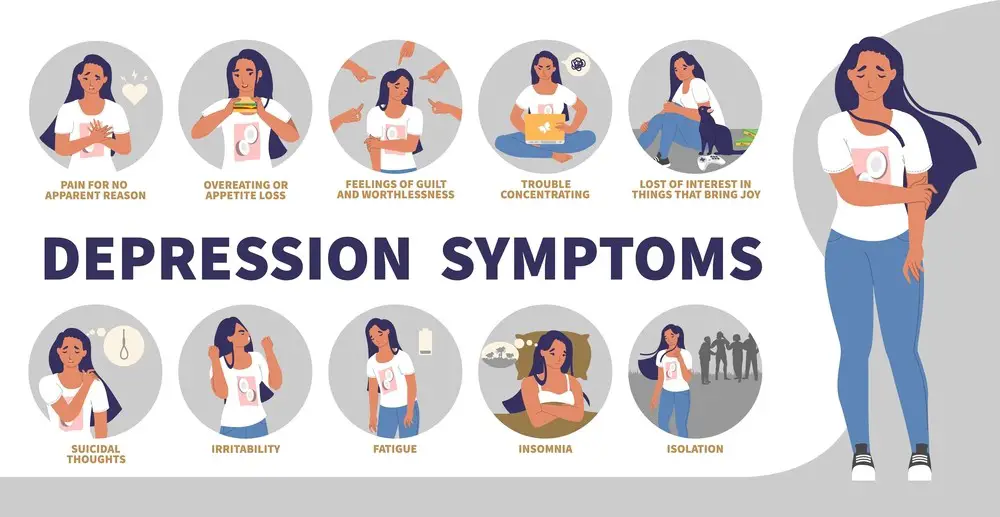 Understanding Depression
Understanding Depression The Challenges of Loving Someone with Depression
The Challenges of Loving Someone with Depression
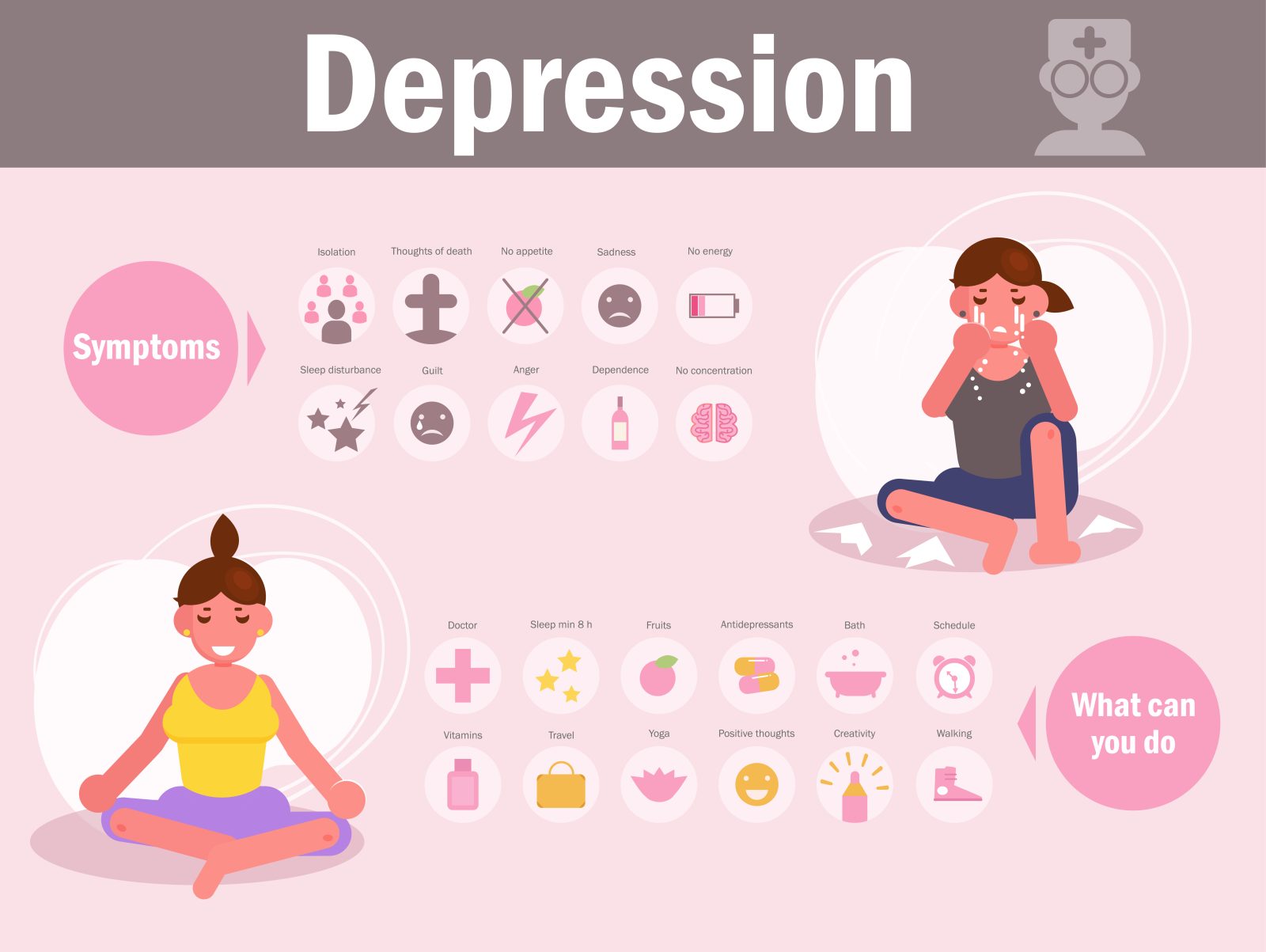
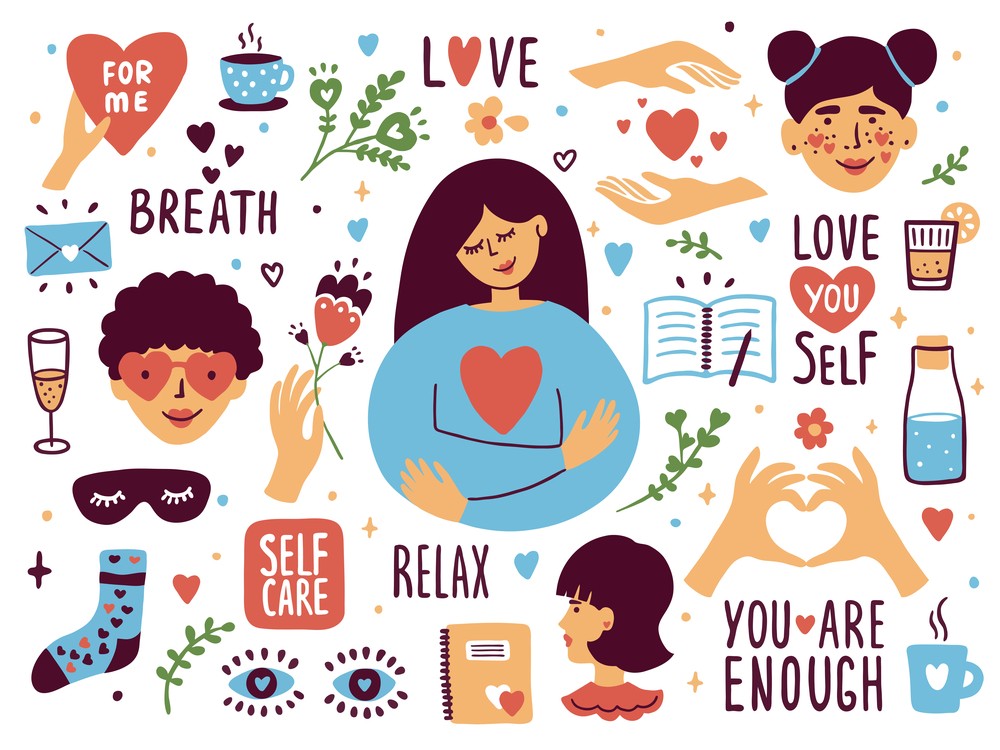 The Importance of Self-Care
The Importance of Self-Care
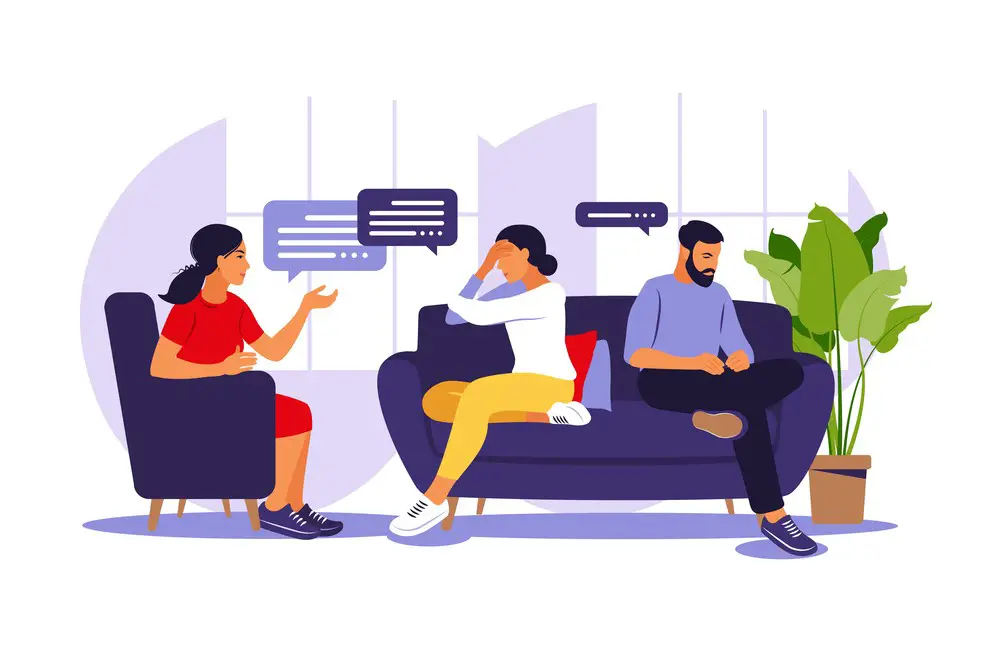


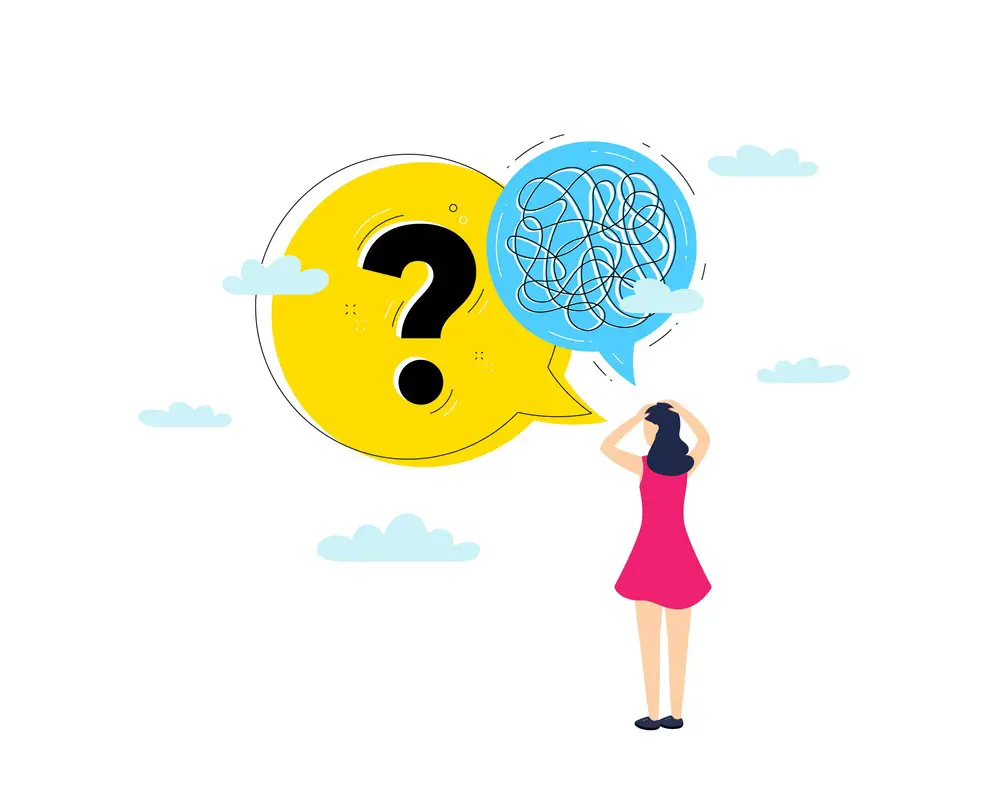 Can you have a healthy relationship with someone who is depressed?
Can you have a healthy relationship with someone who is depressed?
